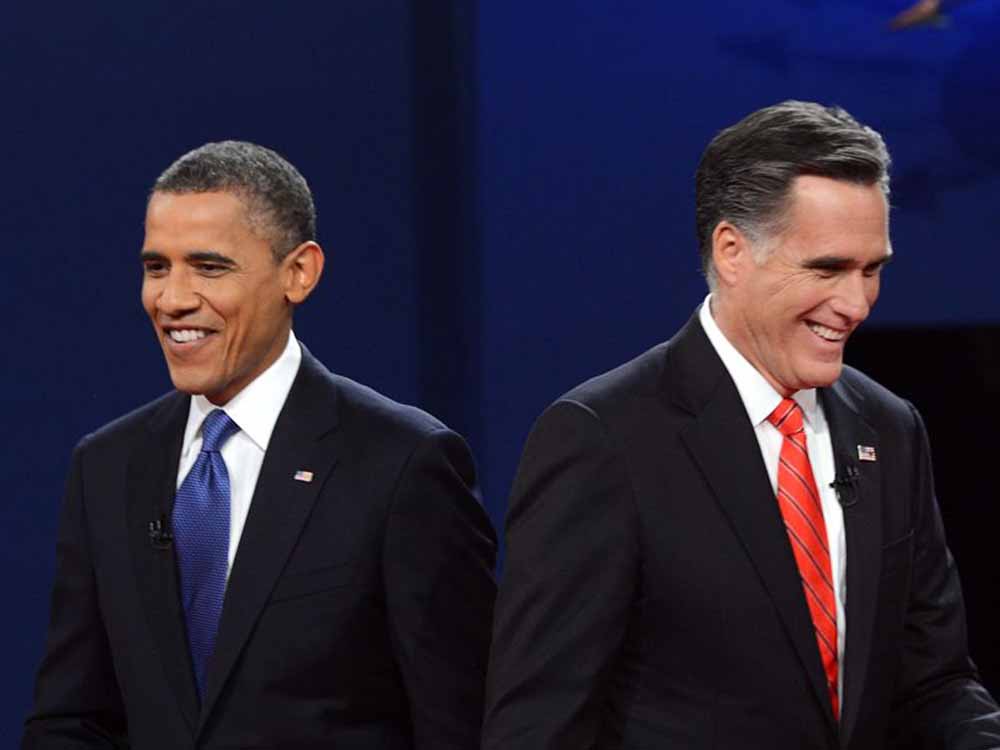The 2012 United States Presidential Debates: A Critical Analysis of the Candidates’ Policies and Positions
The Presidential Debates of 2012 played a crucial role in shaping the narrative of the United States presidential election, providing voters with insights into the policy platforms and visions of the candidates vying for the nation’s highest office. The debates served as a platform for candidates to articulate their stances on critical issues and engage in substantive discussions on the pressing challenges facing the country.
Candidates and Their Key Messages
The 2012 Presidential Debates featured incumbent President Barack Obama, representing the Democratic Party, and former Massachusetts Governor Mitt Romney, representing the Republican Party. President Obama sought to highlight his administration’s achievements and proposed initiatives for economic recovery, healthcare reform, and foreign policy, while Governor Romney emphasized his plans for economic revitalization, job creation, and tax reforms, positioning himself as a business-oriented leader with a focus on fiscal conservatism.
Key Issues and Policy Discussions
The debates centered on a range of crucial issues, including the economy, healthcare, foreign policy, and social issues, reflecting the diverse concerns of the American electorate. Candidates presented their contrasting approaches to economic recovery, addressing topics such as job creation, taxation, government spending, and financial regulation. Healthcare reform was another prominent topic, with discussions revolving around the Affordable Care Act and alternative healthcare proposals. Foreign policy discussions encompassed matters such as the Middle East, terrorism, and international relations, highlighting the candidates’ divergent perspectives on global diplomacy and national security.
Debate Format and Moderator Role
The 2012 Presidential Debates adhered to a structured format, typically consisting of multiple segments focusing on specific policy areas, allowing candidates to engage in direct exchanges and rebuttals. Moderators played a pivotal role in ensuring the orderly progression of discussions, posing questions to candidates and facilitating substantive discourse while maintaining a neutral stance. The moderation sought to provide viewers with comprehensive insights into the candidates’ policy positions and to foster a meaningful exchange of ideas and perspectives on critical national issues.
Impact on Voter Perception and Public Opinion
The Presidential Debates of 2012 significantly influenced voter perception and public opinion, serving as a critical determinant in shaping the electorate’s decision-making process. The debates provided voters with an opportunity to assess the candidates’ leadership qualities, policy acumen, and ability to address the nation’s challenges effectively. Candidates’ performances during the debates, including their articulation of key policy proposals and their ability to respond to critical questions, played a pivotal role in swaying undecided voters and solidifying support among their respective political bases.











